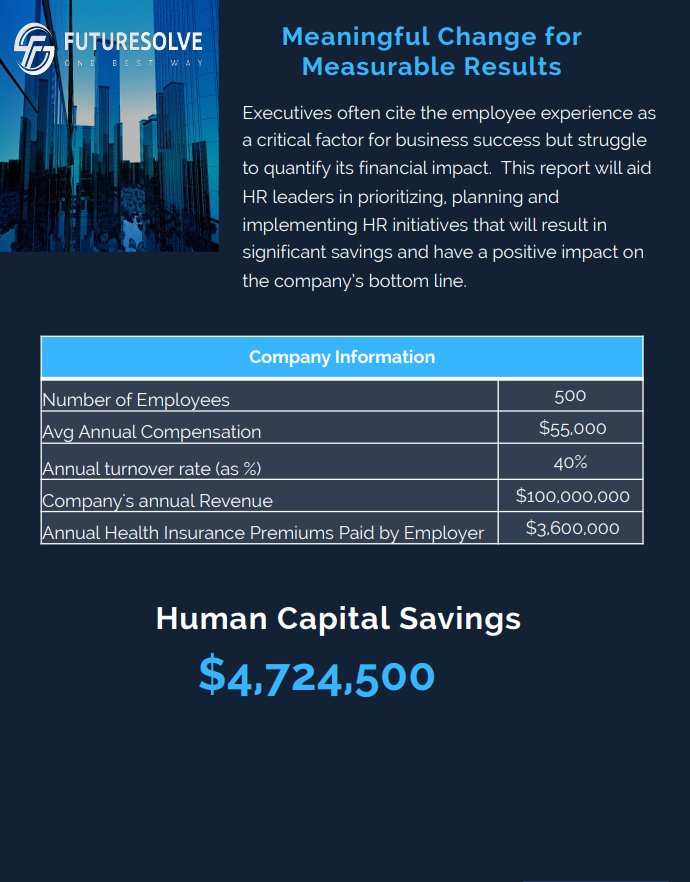Recent examples of companies that have faced backlash for including these types of clauses in their severance agreements. In particular, the case of former Google employee Timnit Gebru, who was fired and then offered a severance package with a moral clause that would have prevented her from speaking out about her experiences. This type of clause is particularly problematic in cases where employees have experienced discrimination, harassment, or other types of misconduct, as it can prevent them from sharing their experiences with others and seeking justice.
The law argues that companies need to be more thoughtful about how they handle severance agreements and ensure that they are not infringing on employees’ rights to speak out about their experiences. This includes recognizing that employees have a right to share their experiences with others and creating a culture where employees feel comfortable speaking out about any issues they are experiencing.
It also emphasizes the importance of creating a safe and confidential reporting system for employees to use if they experience any misconduct at the company. This can include implementing whistleblower policies and ensuring that employees feel supported if they do speak out.
Overall, this highlights the need for companies to be proactive in creating an environment where employees feel valued and supported, rather than one where they are afraid to speak out. By doing so, companies can avoid negative publicity and reputational damage that can result from attempts to silence former employees.
In conclusion, this change is a timely and important that raises important questions about how companies handle severance agreements and the rights of employees to speak out about their experiences. It underscores the importance of creating a culture where employees feel safe and supported and can share their experiences without fear of retaliation or retribution. By doing so, companies can build a stronger and more resilient workforce and avoid the negative consequences that can result from attempts to silence former employees.





























